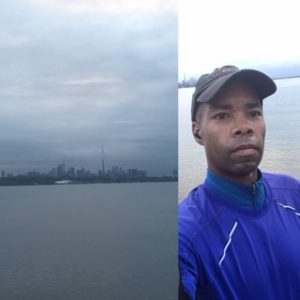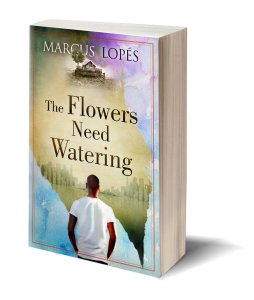I’m a light sleeper. Even if I take a sleep aid before bed, I wake up three or four times during the night. Tossing and turning, and a dull ache in my lower back signal that it’s time to get up. Resistance is futile. So, I roll out of bed, usually between 3:30 and 4:00 am. About fifteen minutes after my feet touch the floor, I’m seated at my desk. After an hour or so of writing, I’m heading out the door for a run. It’s all I can do to keep the momentum going.
If you’re like me, you’re trying to build your artistic career — as a writer, painter, musician, artist, entrepreneur — around a day job. It’s not easy. Sometimes it feels like the job that pays the bills, and allows you to do what you love, is getting in the way. Especially when you feel like you’re on the cusp of finishing a large project.
Currently, I’m rewriting a manuscript, the last round of self-editing before having my novel professionally edited. Yet every time I go to work, which takes me out of the country for three days, the rewrite grinds to a halt. I start to think, “I’m never going to finish this” or “Do I really think I can pull this off?” The momentum that had been building starts to ebb.
But I need to keep going, need to get right back to the work, need to stay the course. Here are three things I do that keep the momentum moving forward.
Have a Routine
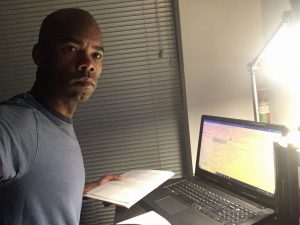
If I’m not at home in Toronto, then I’m usually in London (UK) for work. I have a routine for both cities that keeps me writing and my projects on track. I get up early, at home and in London. It’s especially challenging in London when getting up at 6:00 am local time is 1:00 am in Toronto. I aim to do my most important work first because I’m at my best creatively in the morning. I said I try. Sometimes life interrupts. I run [almost] daily because it helps quiet my mind, gets me into a zone. I come back to my writing refreshed. And running keeps me active.
A routine keeps you grounded. If you don’t have a routine yet, try getting into one. The results will surprise you.
Finish Something
Nothing energizes me more than finishing a short story or novel. Sometimes I’m tempted to step away from a project when a new idea pops into my mind, but I don’t. I’ve learned instead to keep notes on new ideas and go back to them when my current project is complete. Then I’ll be in a better mindset to also assess the validity of a new idea.
Finishing something offers reassurance, when doubt lingers large and heavy, that you’re in fact on the right path. It’s a reminder that you’ve heeded the call of what it is you feel compelled to do in life. Finishing something reinforces the artist in us all. It says, loud and clear, “I’m an artist, hear me roar!”
Believe
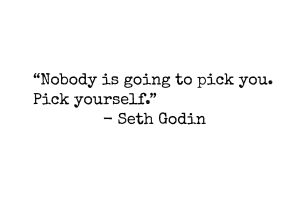 I believe in myself. I believe in myself as a writer who’ll succeed. And that belief holds me accountable, sends me daily to the page. It does something else, too. It holds fear at bay.
I believe in myself. I believe in myself as a writer who’ll succeed. And that belief holds me accountable, sends me daily to the page. It does something else, too. It holds fear at bay.
Believe in yourself and your talent as an artist. Believe that you can and will do great things. In such a competitive world, we must be our greatest champion.
Forward Momentum
These three things (and there are others, too) keep the momentum going, setting me up for success. And that’s why I take to heart the words of Audre Lorde: “When I dare to be powerful — to use my strength in the service of my vision, then it becomes less and less important whether I am afraid.”
How do you keep the momentum going on your creative projects? Do you have a routine? Hit Reply or leave a comment in the section below. I’d love to hear from you.
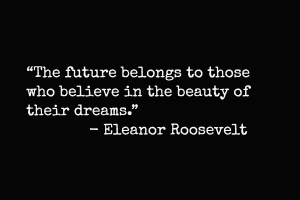 I worked in what was, for me, the grizzly world of nine to five. Policy Analyst. Executive Assistant. Proofreader. Program Coordinator. Project Administrator (Consultant). No matter how fancy the title or good the pay, boredom quickly set in. I never adjusted well (and I don’t think I have yet) to doing the same tasks over and over again, in a tiny cubicle, with the same people. It didn’t inspire.
I worked in what was, for me, the grizzly world of nine to five. Policy Analyst. Executive Assistant. Proofreader. Program Coordinator. Project Administrator (Consultant). No matter how fancy the title or good the pay, boredom quickly set in. I never adjusted well (and I don’t think I have yet) to doing the same tasks over and over again, in a tiny cubicle, with the same people. It didn’t inspire.
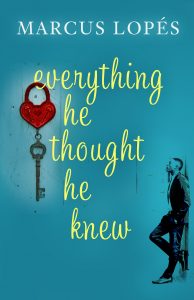
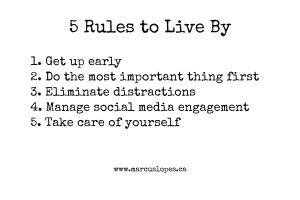 Feeling
Feeling 